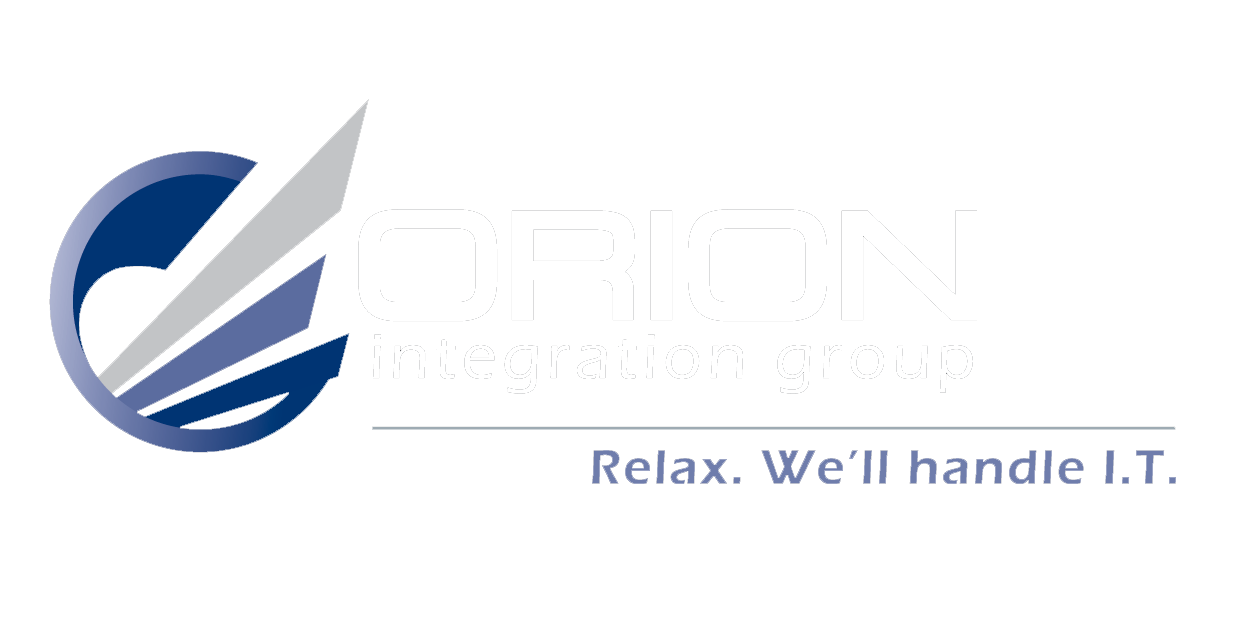Maximizing Your ROI with Strategic Cloud Storage Solutions
Cloud storage has emerged as a pervasive technology, reshaping the way businesses store, access, and manage data. The shift from traditional storage solutions to cloud-based services offers significant financial benefits, including reduced overhead, enhanced scalability, and the opportunity to streamline operations. This discussion delves into the economic aspects of cloud storage, examining cost structures, budgeting strategies, and how services like those provided by Orion Integration Group can optimize financial efficiency for businesses considering or already investing in cloud solutions.
Understanding Cloud Storage Costs
The financial model for cloud storage differs fundamentally from traditional storage systems. Where traditional storage often requires significant capital expenditure for hardware and infrastructure, cloud storage operates on a service-based model with recurring operational costs. These costs can be broken down into several categories:
Storage Space
The most apparent cost associated with cloud storage is the expense for the data storage space itself. Providers typically charge based on the amount of data stored, often measured in gigabytes or terabytes. Pricing can vary depending on the type of data and the required accessibility.
Data Transfer Fees
Transferring data to and from the cloud can incur costs. While many cloud providers include a set amount of data transfer in their basic pricing models, exceeding these limits can result in additional charges. Understanding the data transfer needs of your business is vital to predicting these costs.
Access and Management Fees
Some cloud services charge for various types of data access or specific management features. These can include costs for using APIs, special data retrieval processes, or additional layers of security. Services provided by companies like Orion Integration Group often help manage these costs by optimizing how data is accessed and managed.
Budgeting for Cloud Storage
Effective budgeting for cloud storage requires a thorough understanding of your business’s data needs and usage patterns. Anticipating growth and scalability needs is also crucial to avoid unexpected expenses.
Analyze Data Usage
Start by analyzing current data usage and growth trends. This analysis will help forecast future storage requirements and is essential for choosing the right service tier and options.
Choose the Right Plan
Cloud storage providers offer various service plans that cater to different needs and budgets. Select a plan that aligns with your usage analysis but also offers some flexibility for unforeseen changes.
Monitor and Adjust
Continuously monitor your cloud storage usage and expenses. Many providers offer tools that help track these metrics, allowing businesses to adjust their plan or usage to stay within budget.
Leveraging Cloud Storage for Financial Efficiency
Adopting cloud storage solutions can lead to substantial cost savings and operational efficiencies when implemented strategically. Here are several ways businesses can leverage cloud storage to enhance their financial bottom line:
Reduction in IT Infrastructure
By moving to cloud storage, businesses can reduce or eliminate the need for onsite data storage infrastructure, thus lowering capital expenditures as well as ongoing costs related to maintenance and energy consumption.
Scalability
Cloud storage allows businesses to easily scale their storage needs up or down. This flexibility means companies only pay for the storage they need and can adjust quickly to changes in demand without over-investing in capacity that might not be used.
Enhanced Collaboration and Productivity
Cloud storage facilitates better collaboration among team members by allowing them to access and share files easily from any location. This accessibility can lead to improved productivity and efficiency, contributing to a better overall return on investment.
Backup and Disaster Recovery
Integrating cloud storage improves data security and facilitates more effective disaster recovery solutions at a lower cost than traditional methods. Automatic backups and redundant systems provided by cloud services can prevent data loss and reduce downtime in case of hardware failure or other disruptions.
The Role of Orion Integration Group
Incorporating services from providers like Orion Integration Group can further enhance the value of cloud storage investments. Orion Integration Group offers expertise in customizing cloud solutions to fit specific business needs, ensuring that cloud storage systems are not only cost-effective but also optimized for business operations. Their support can be instrumental in managing the complexities of cloud migration and ongoing management, allowing businesses to maximize their ROI.
Cloud storage presents a viable solution for businesses looking to reduce costs while enhancing data management and accessibility. With strategic planning and the right partnership, businesses can utilize cloud storage to not only save on costs but also improve operational efficiency and data security. By aligning with knowledgeable providers and leveraging flexible, scalable solutions, organizations can ensure they are getting the most out of their cloud storage investments.
Ready to unlock the full potential of cloud storage while optimizing your costs? Let Orion Integration Group guide your journey. Our expert team will help you tailor a cloud storage solution that boosts your financial efficiency without compromising security or performance. Contact us today to start maximizing your cloud storage benefits.




